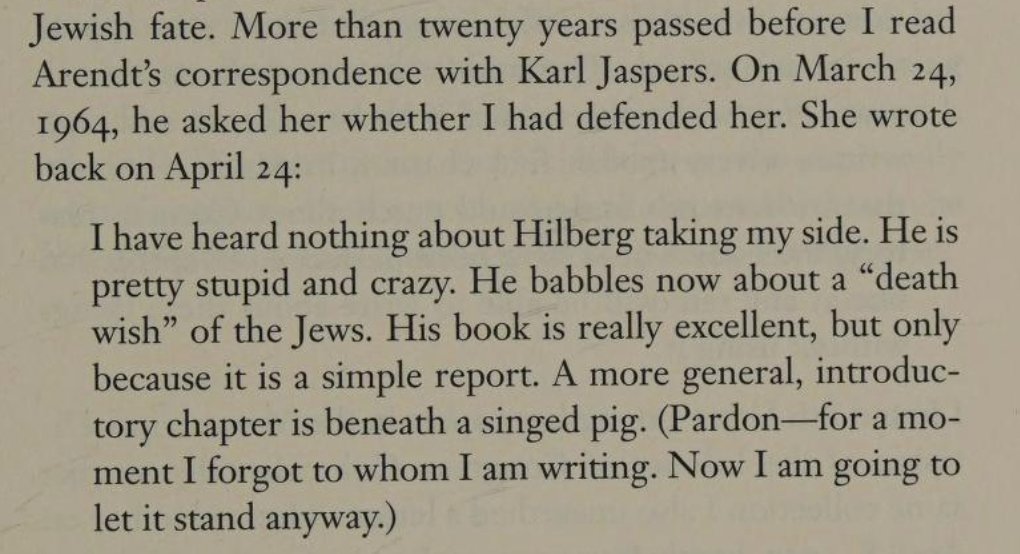
Historian of political thought | Lecturer @Politics_Oxford | Usual disclaimers
How to get URL link on X (Twitter) App


https://twitter.com/pjstelzel/status/1318199586511593472Franz Neumann agrees to supervise a student working on a topic which the entire natsec establishment fears will sour relationships with a newfound Cold War client state, major philosopher sabotages its publication only to serially plagiarise it for her essays.
https://twitter.com/_Peter_Cook/status/1542554878135992322?s=20&t=2jx__byGIBkTd67PHxYtlw

https://twitter.com/donaldp1917/status/1541903322055057410Even someone like Neumann did work for the OSS believing that they were going to promote New Dealism around the globe - the CIA we know from the McCarthyite 1950s was simply not as visible then.


https://twitter.com/ne0liberal/status/1509189262419374090In fact, if you read any book about the Hungry Forties you realize just how important the safety valve of (mostly colonial) migration was to absorbing these food shocks.

https://twitter.com/SevaUT/status/1509182661847363588Stuff like this makes you realize that both right and left are paying very dearly for their thirty-year neglect of materialist thinking.


https://twitter.com/crookedfootball/status/1501150618764857349(Non-vulgar) Marxism doesn’t claim that ‘all’ human decisions have economic motives but rather that economic structures impose constraints on human agency - within the parameters unexpected moves and decisions are still possible.


https://twitter.com/BrankoMilan/status/1383252843671392257Story runs like this: under US tutelage the globe was forced into market interdependence, which in turn led to a global commercial society in which classical warfare became impossible. A variety of Smith’s argument about perpetual peace, but now in hollow neoliberal mode.

https://twitter.com/wwwojtekk/status/1378878291751403522Specimen one
https://twitter.com/_TimBarker/status/1378111646237929472

 Neoliberalism only wrecked the left-wing side of civil society and instead 'recreated' the right-wing one: while unions and workingmen's associations declined, private schools, CoE, and the Eton-Oxford pipeline maintained ruling class association.
Neoliberalism only wrecked the left-wing side of civil society and instead 'recreated' the right-wing one: while unions and workingmen's associations declined, private schools, CoE, and the Eton-Oxford pipeline maintained ruling class association.

https://twitter.com/RichardHanania/status/1274738417306198017Also such an interesting window into the 'habitus' of New York lumpen capital, the kind of skills you have to develop to survive and prosper in that milieu.

 jstor.org/stable/4633653…
jstor.org/stable/4633653…